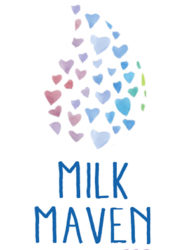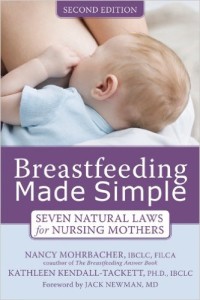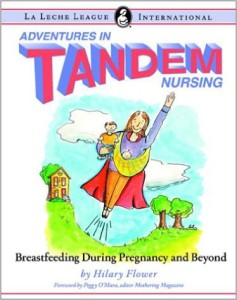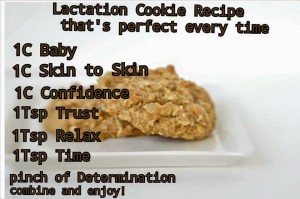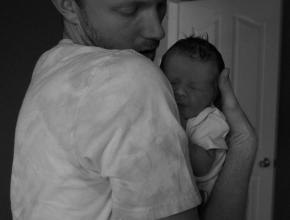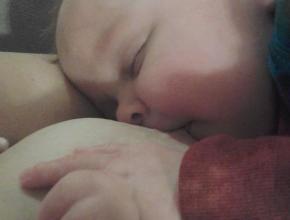“My baby ‘self weaned’ at 6 months, 9 months, a year old.'” In fact, my mom told me the story about how I self weaned at 6 months old. I just simply didn’t want the breast any more, apparently. However, I remember clearly the last time I had a pacifier, and it wasn’t pretty, so it wasn’t like I didn’t want to suck on SOMETHING. Many times, what looks like weaning may actually be a nursing strike. A nursing strike is a sudden refusal of the breast, brought on by teeth, illness, growth, or introduction of solids.
Let’s look at the difference.
1. Babies rarely wean before a year of age. After all, if solids are fun until age one, what exactly are they eating at such quantities that they don’t need breastmilk anymore at such a young age? Usually, this means too many solids have been introduced, a bottle preference has been established, or a nursing strike due to teeth or some other developmental milestone.
2. Weaning is slow and steady, and takes months to complete. Weaning of course, starts as soon as something other than the breast (or bottle if exclusively pumping) is introduced. This is recommended as starting the middle of the first year, around 6 months of age. Look for signs of readiness to make sure your baby is ready for solids. If your baby suddenly refuses the breast, you may have a nursing strike on your hands.
3. Look for reasons your baby is refusing the breast. Do they have a cold? Getting teeth? Have an ear ache? Eating too many solids? Learning something new? Some babies simply just get distracted by the world around them (usually around 4, 6, and 10 months old) and can’t be bothered by snack stops.
4. Remember that as babies get a bit older, they get more efficient at the breast. So, just because they are nursing for short spurts every few hours, it doesn’t mean they aren’t getting enough. Keep an eye on output and weight, but don’t expect a 10 month old to continue taking 20 minutes at the breast!
When faced with a nursing strike, look to your goals. If your goals are to nurse for a year and beyond, keep going! Keep offering! Use medication or ice to help sore gums, see a doctor if you suspect an ear infection or cold. Go to a dark room to nurse so your baby can calm down and nurse peacefully. Cut down on solids a bit, and offer before each meal. Be patient, this strike could last for anywhere from a couple days, to a week or two. I encourage you to stick with it.
Likewise, if your goal is to wean at an early age, take advantage of this strike, keeping in mind to replace nursing sessions with a bottle or sippy cup of formula or expressed breastmilk, as your baby still needs the nutrients and calories from either formula or breastmilk until age one.

